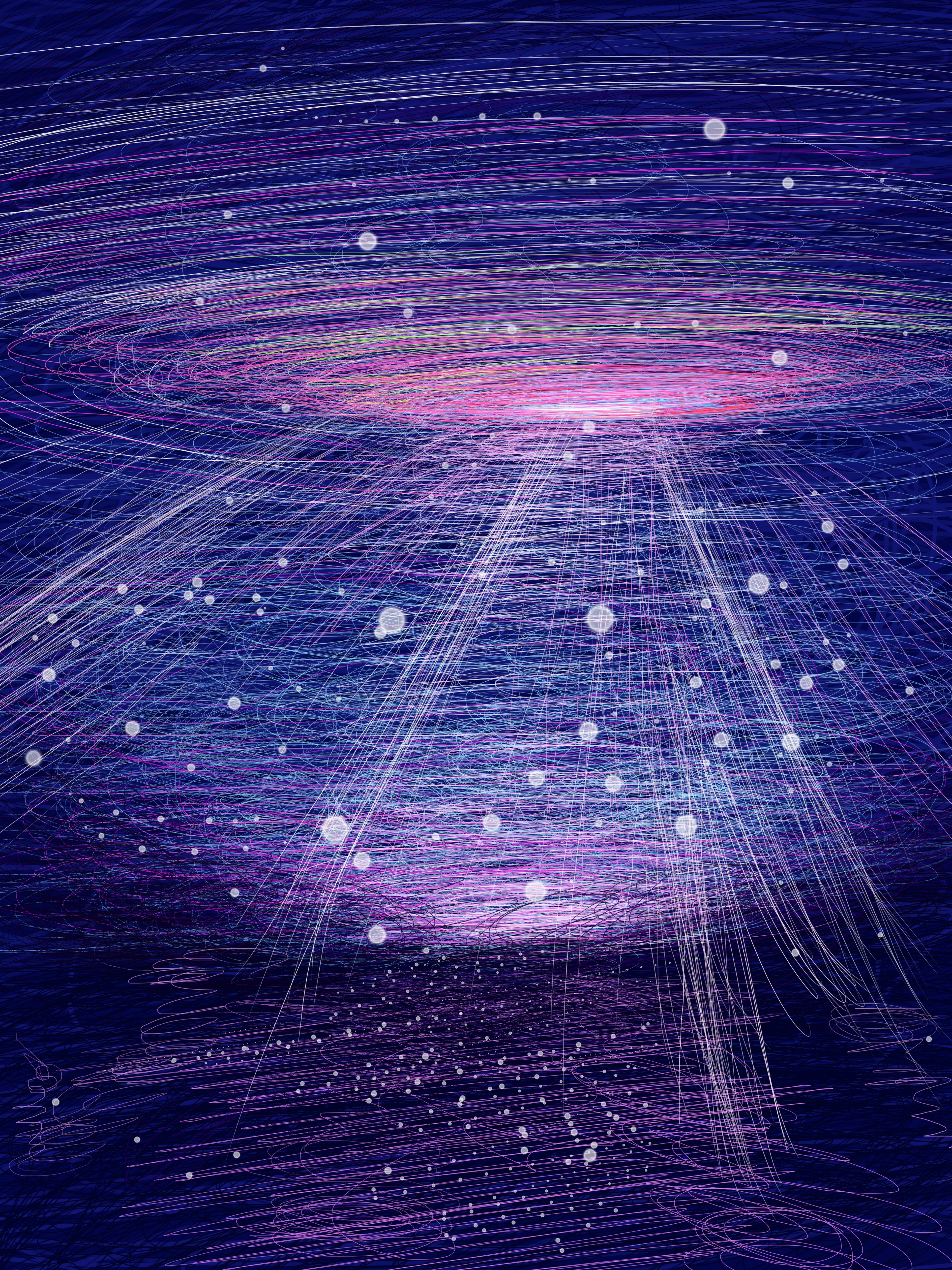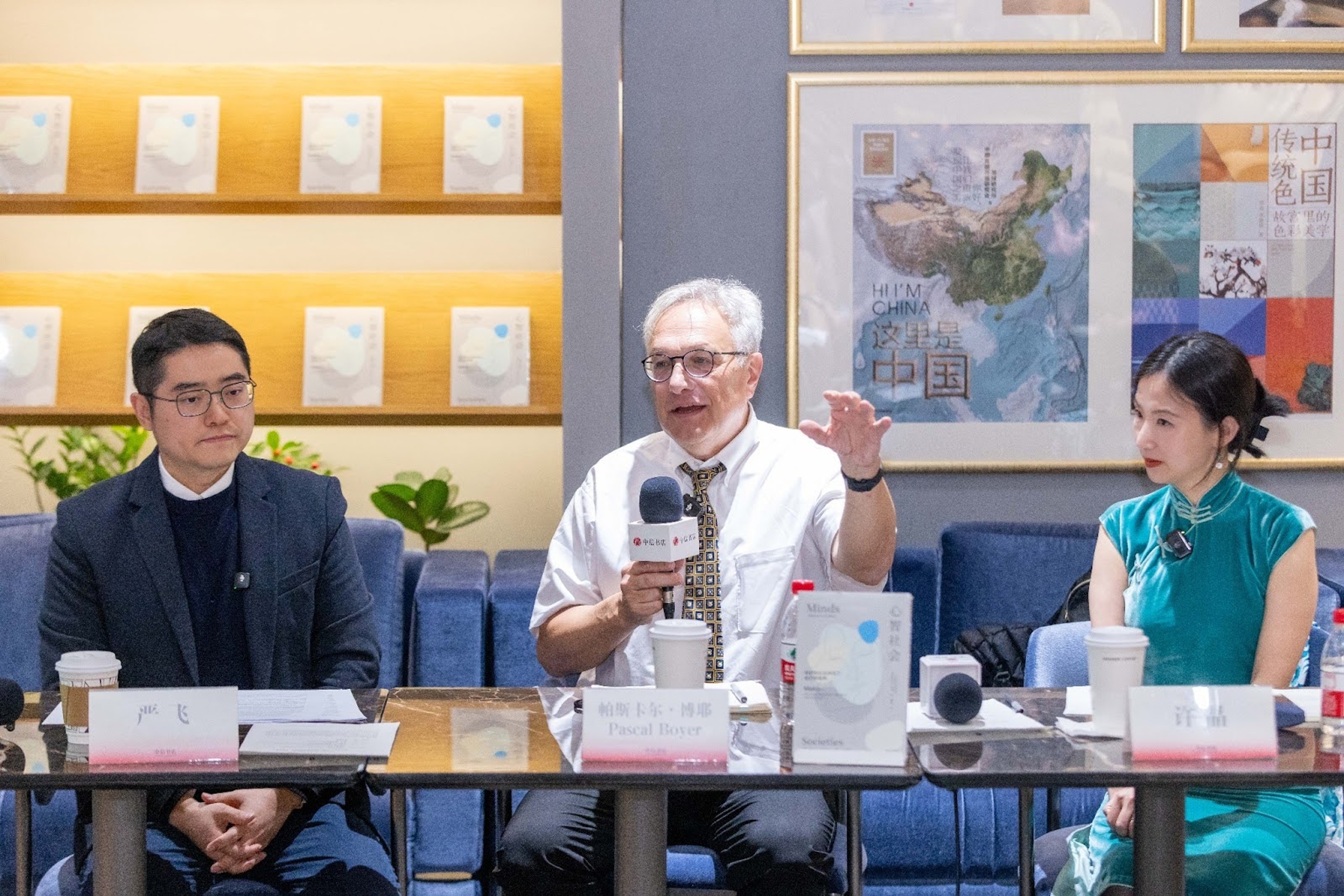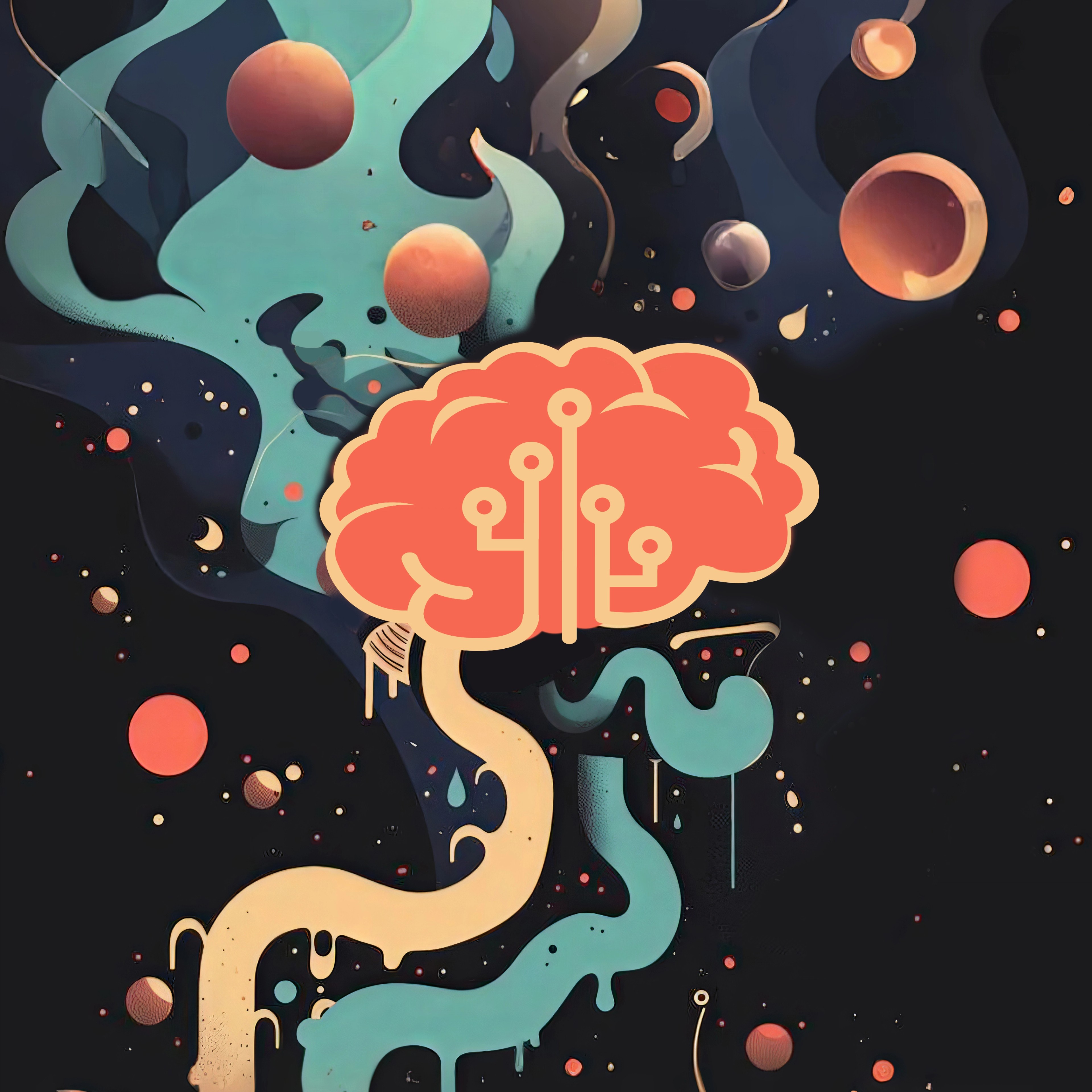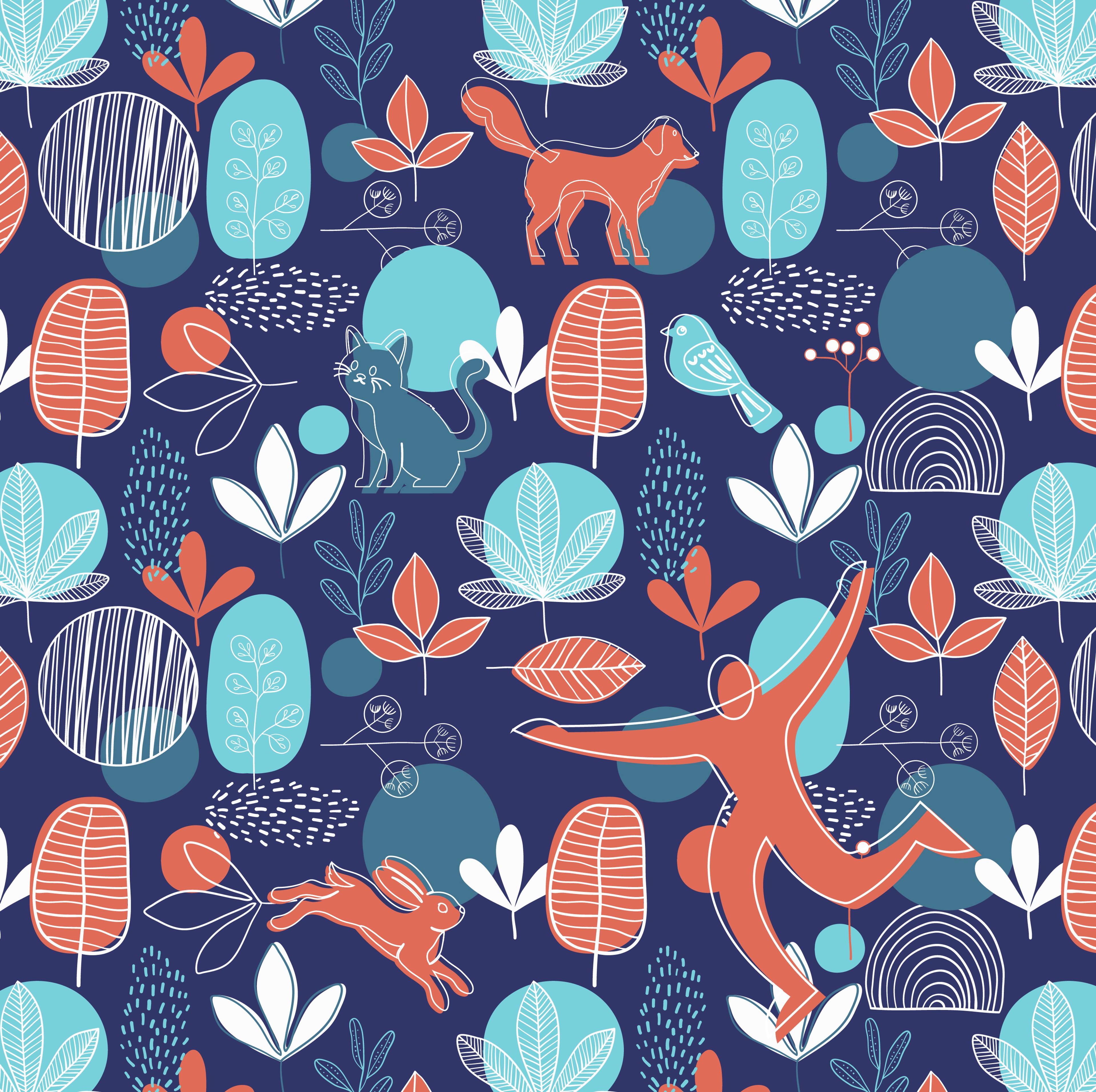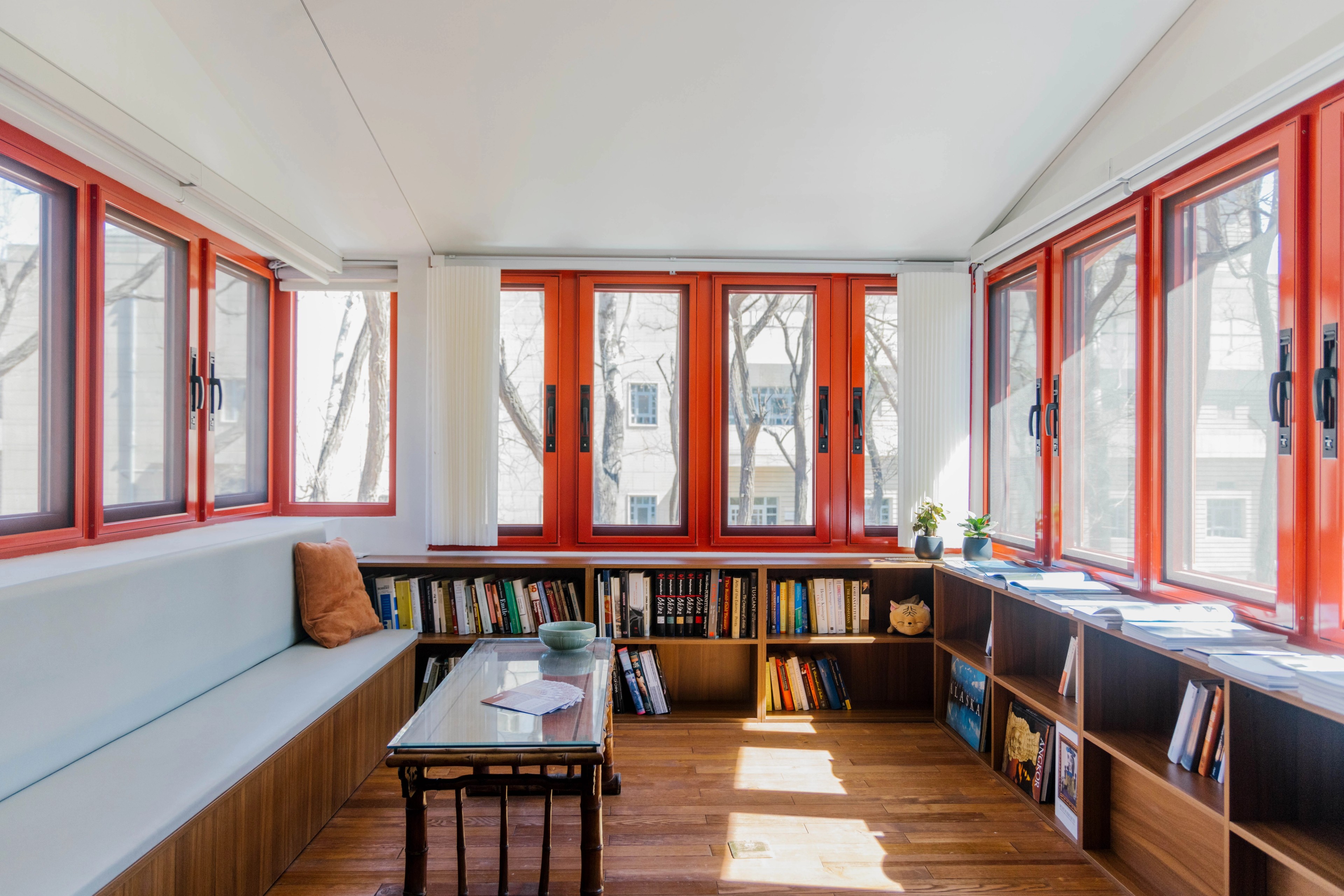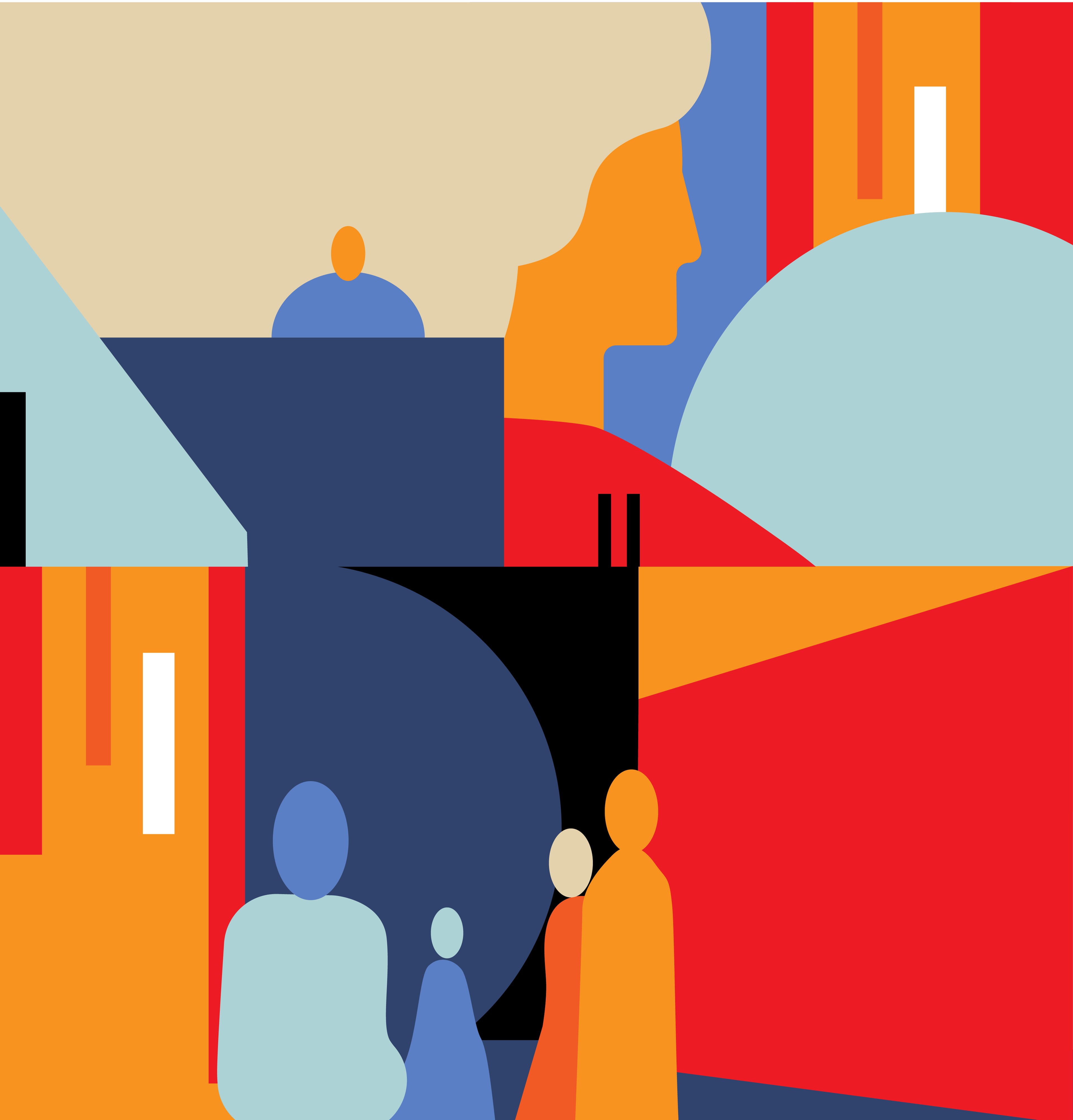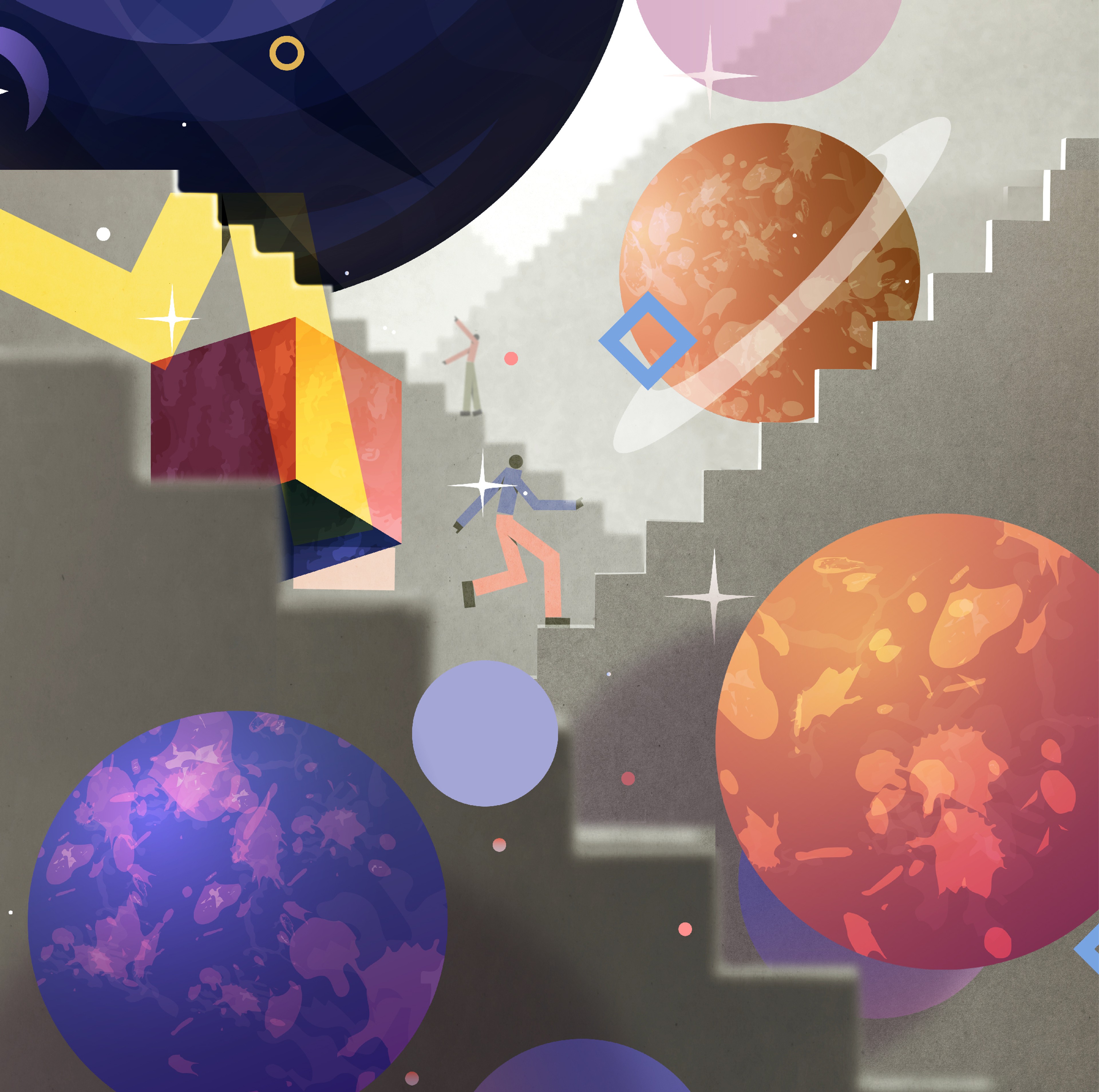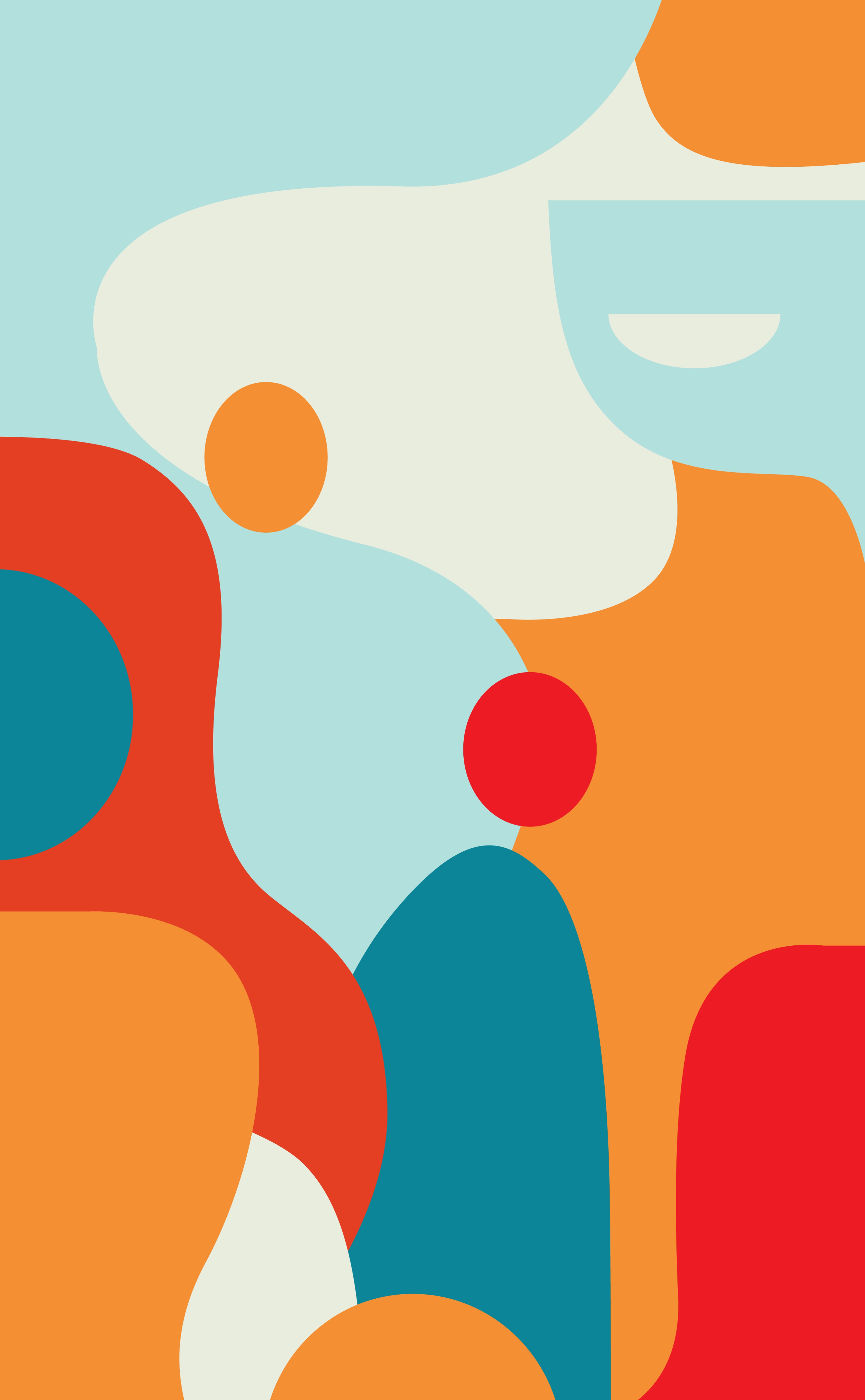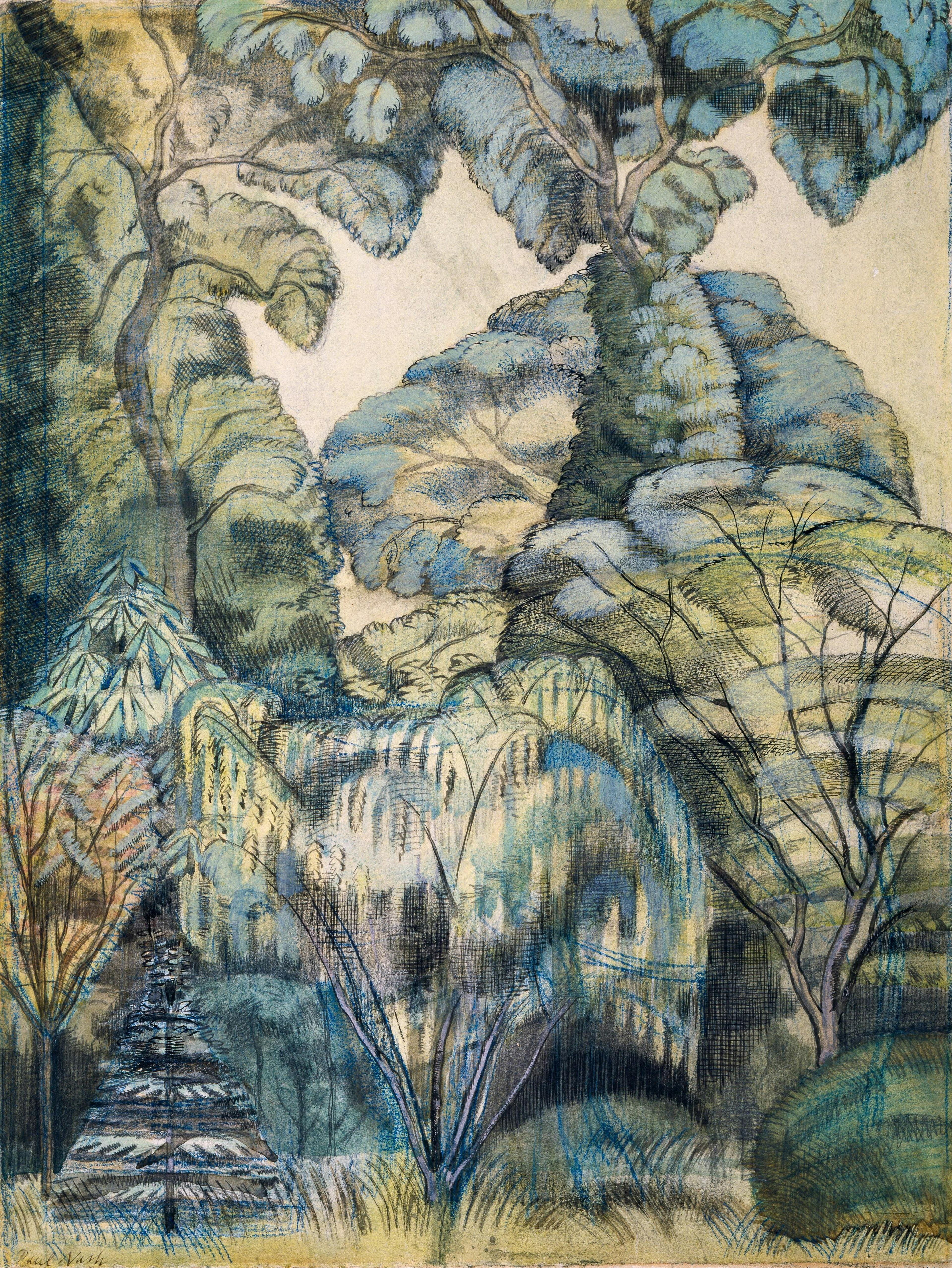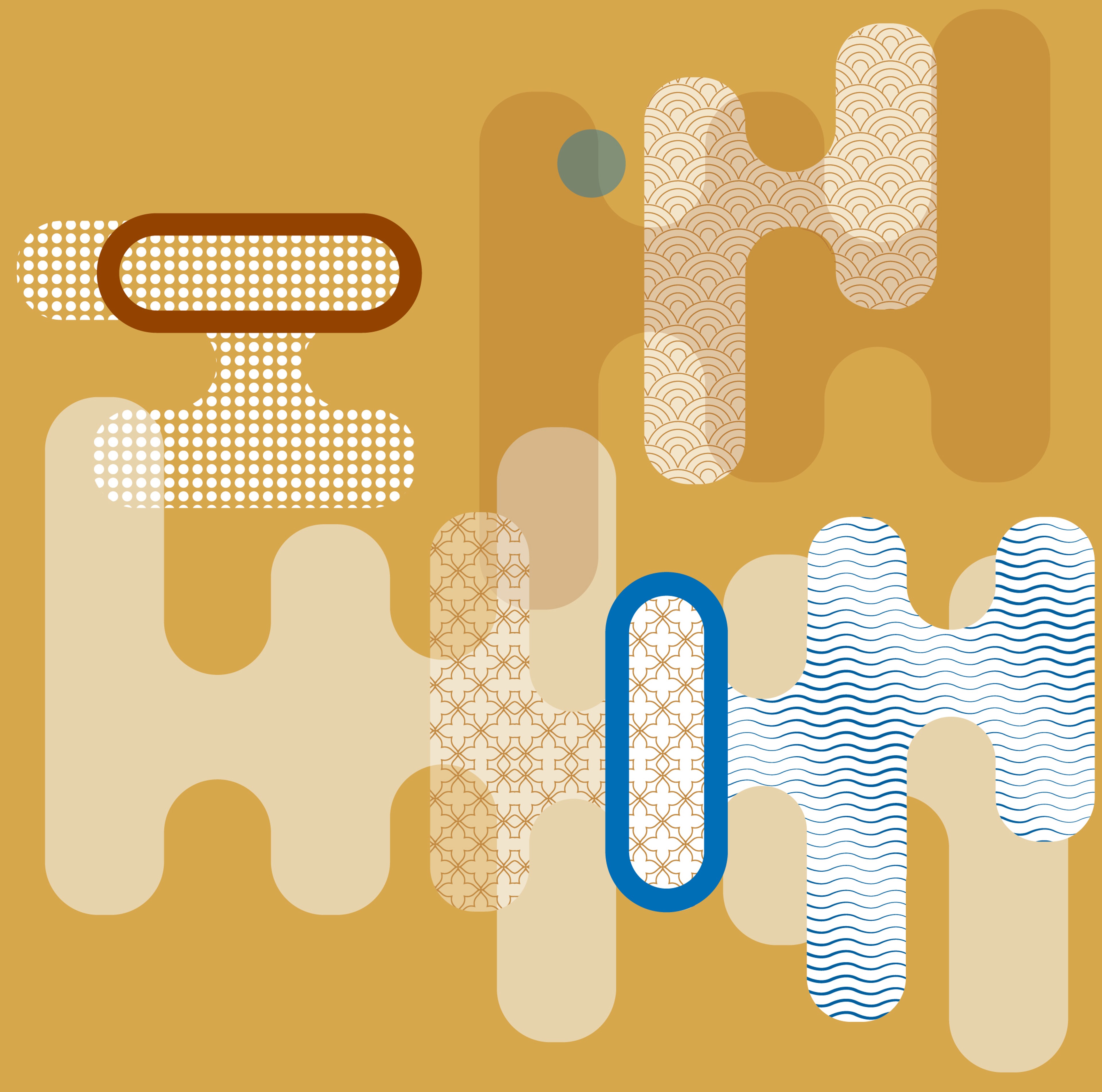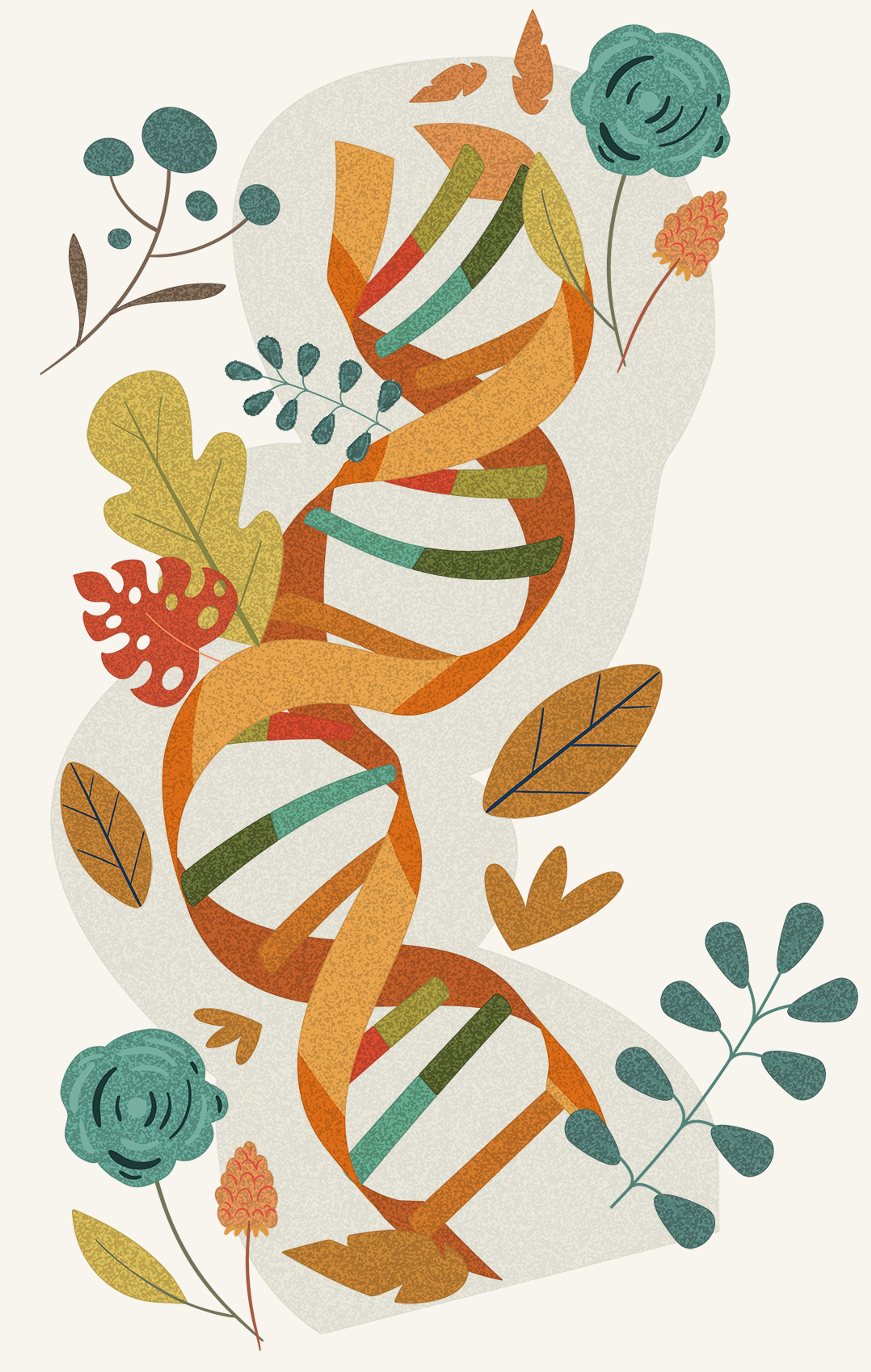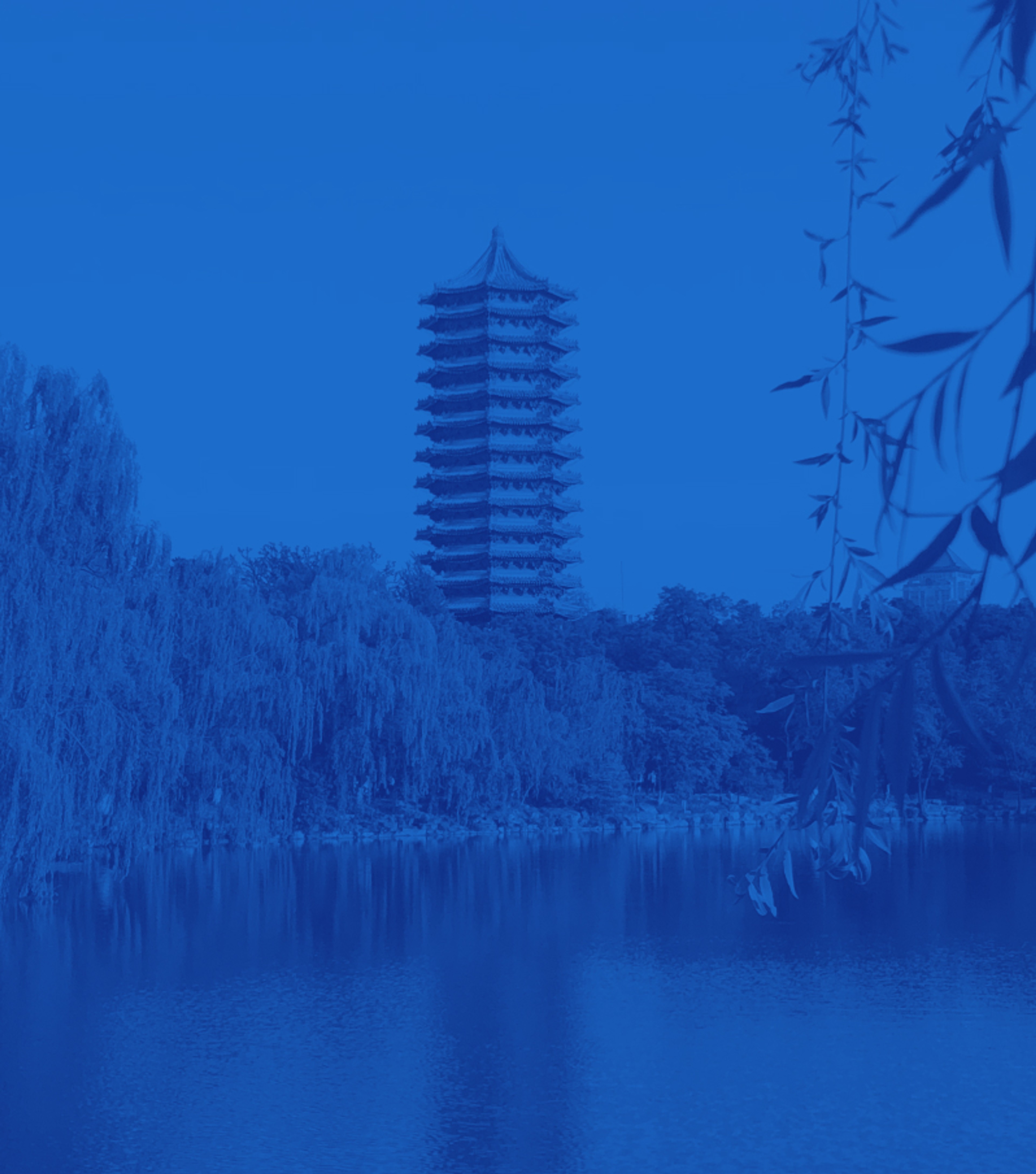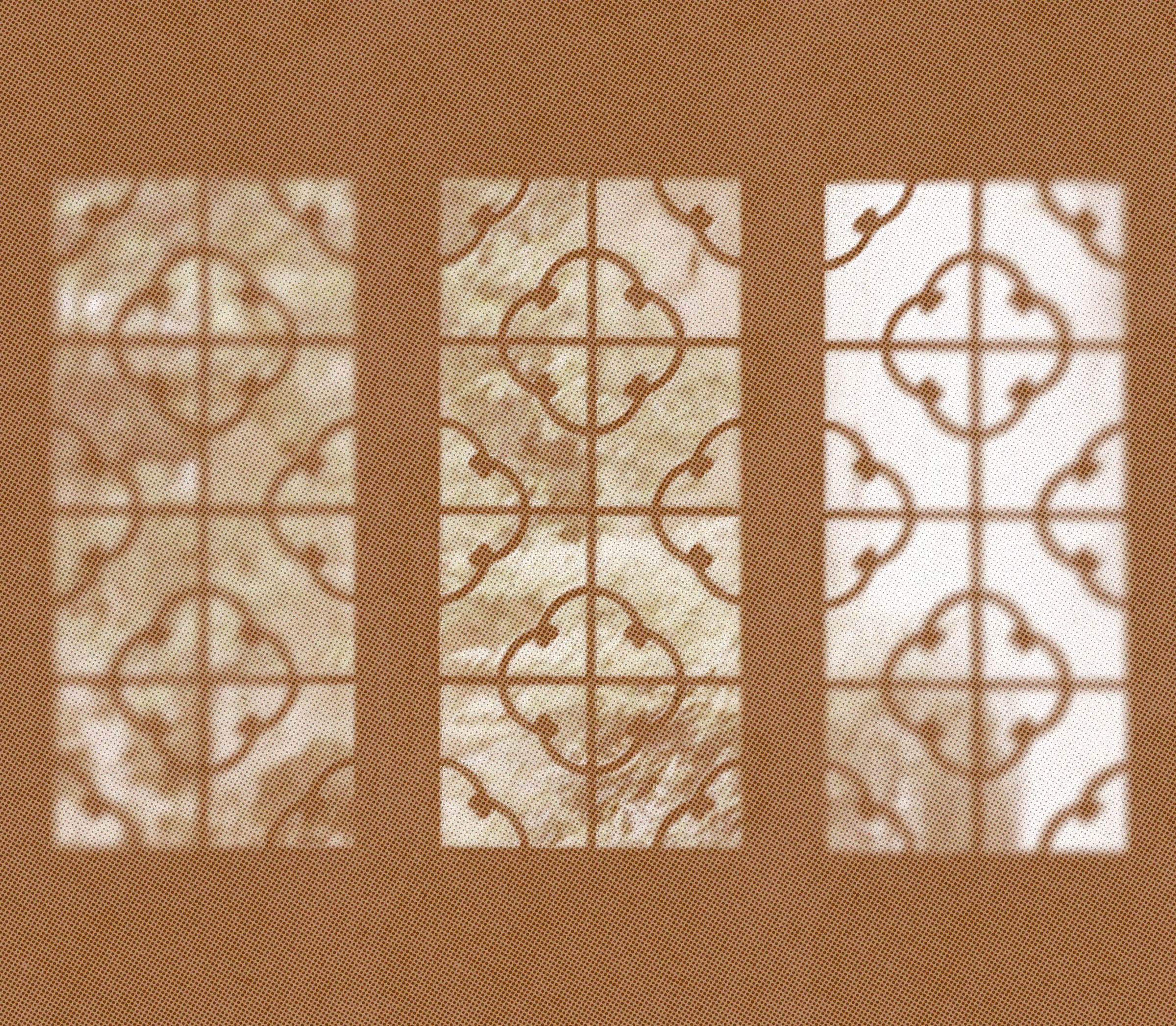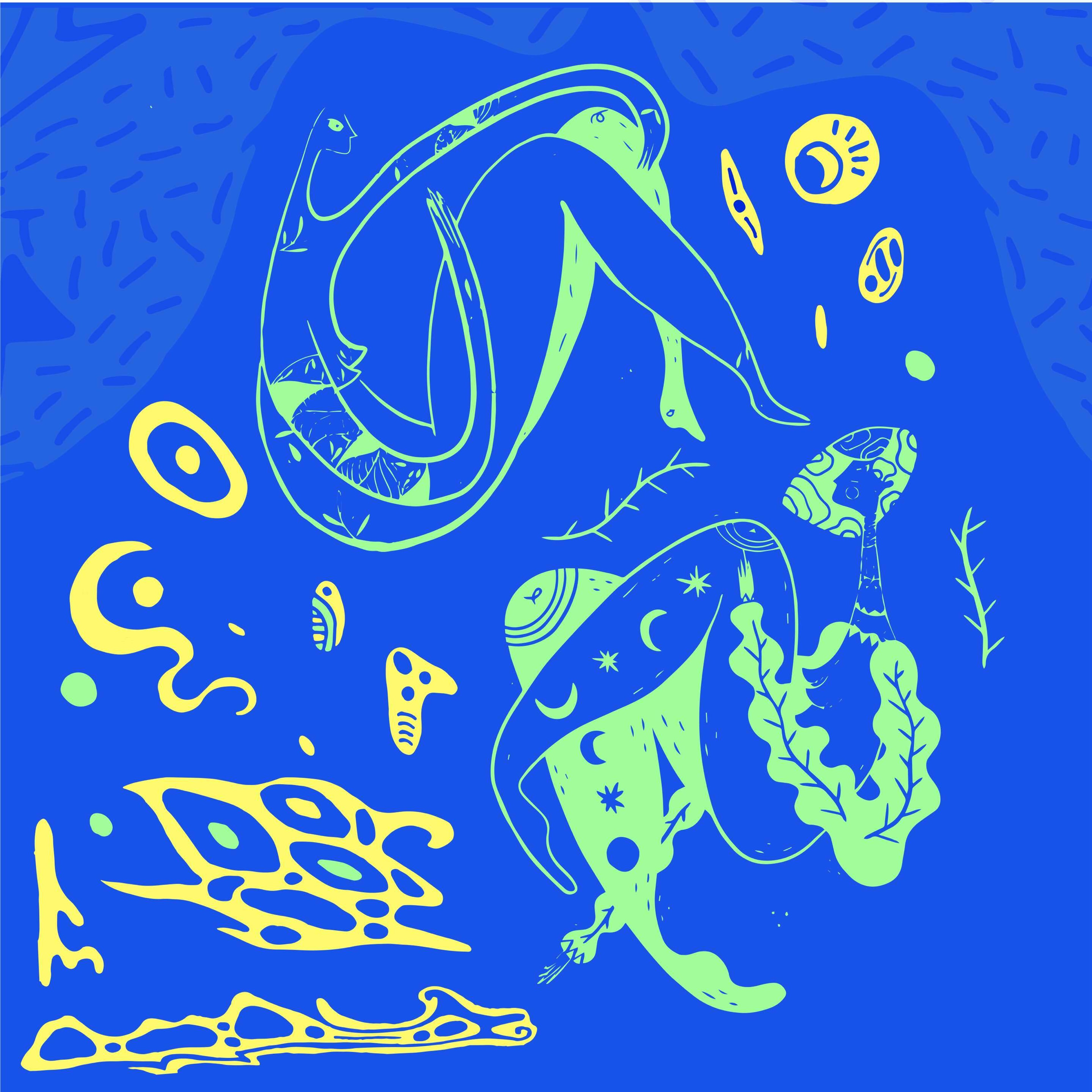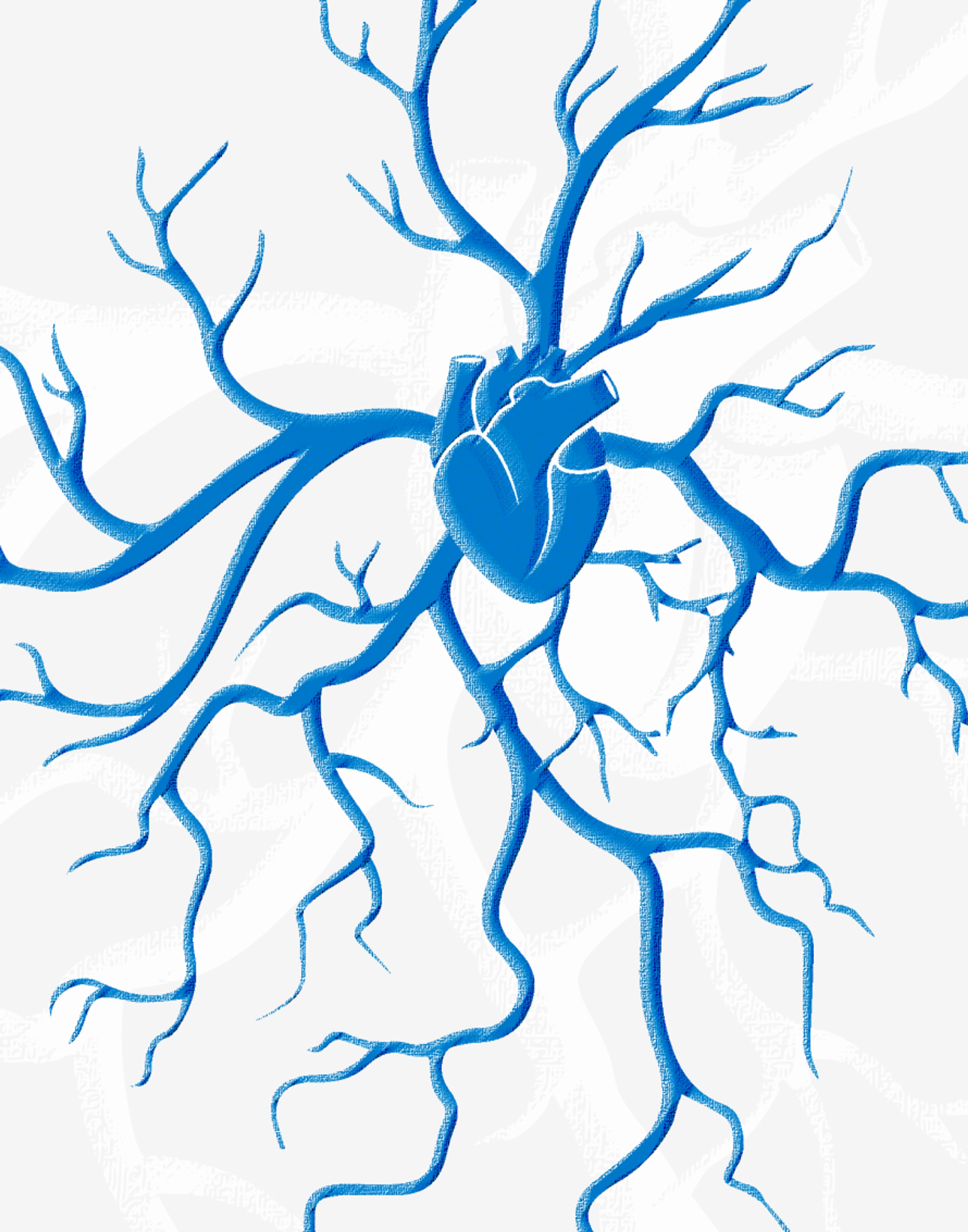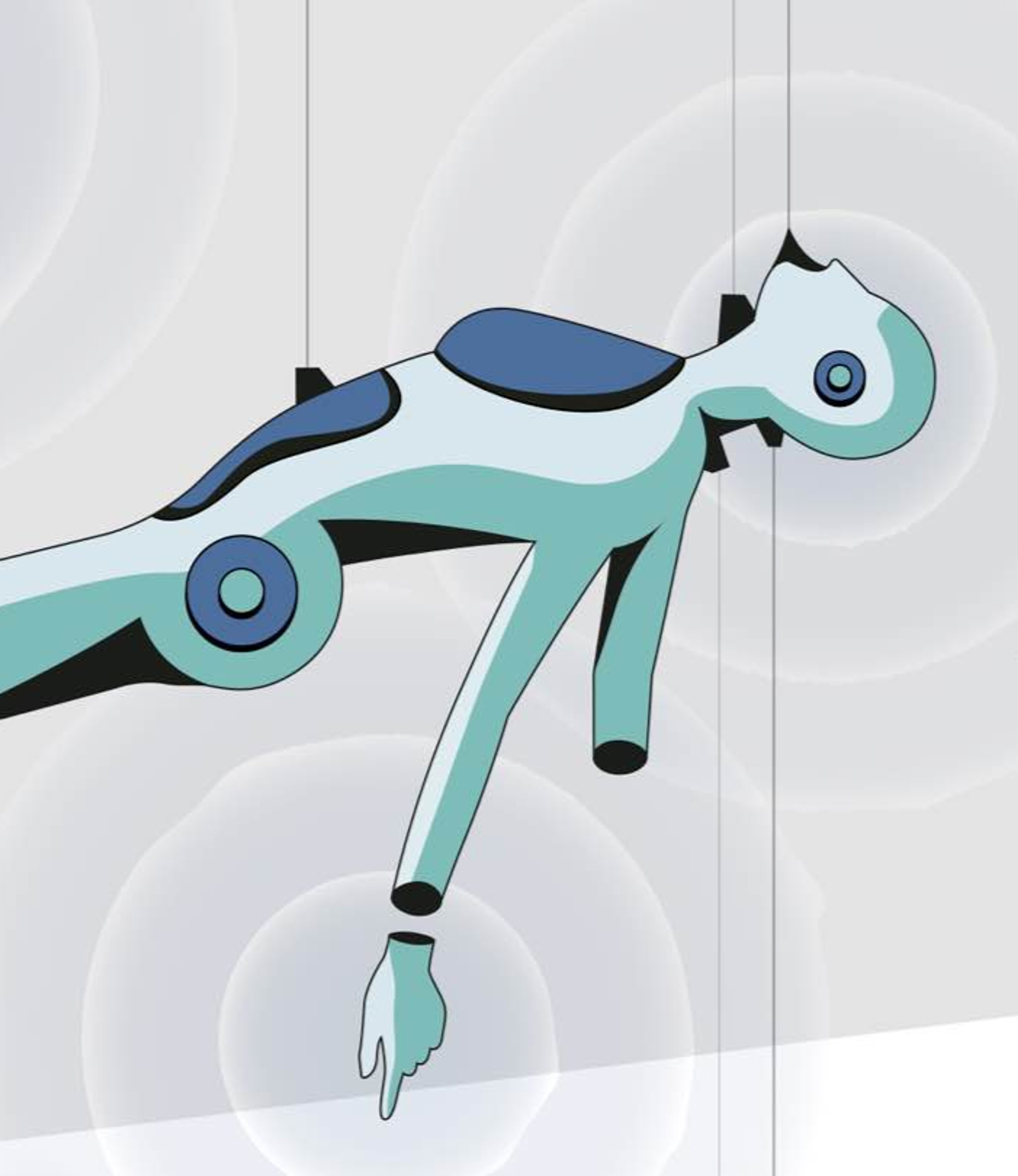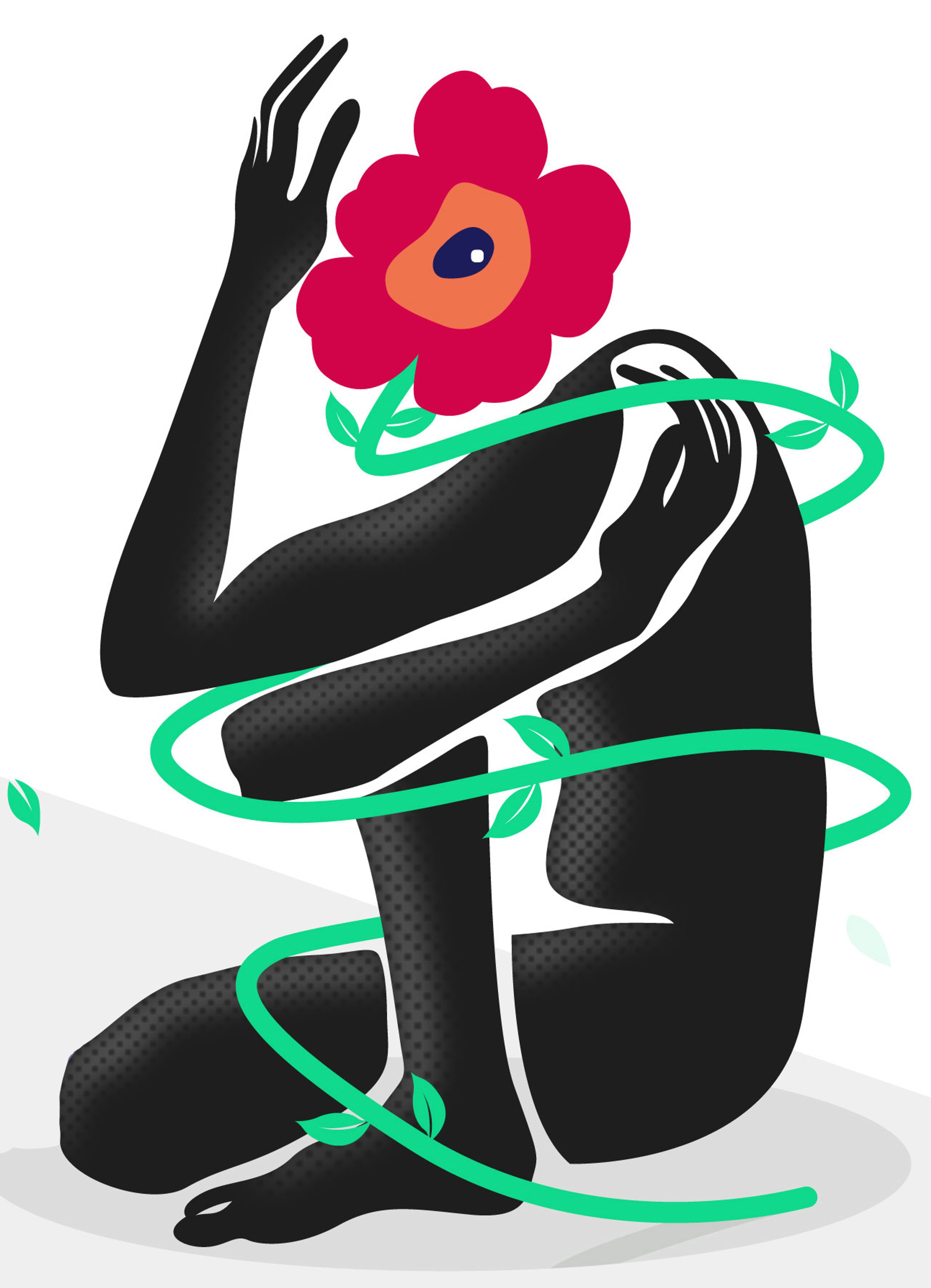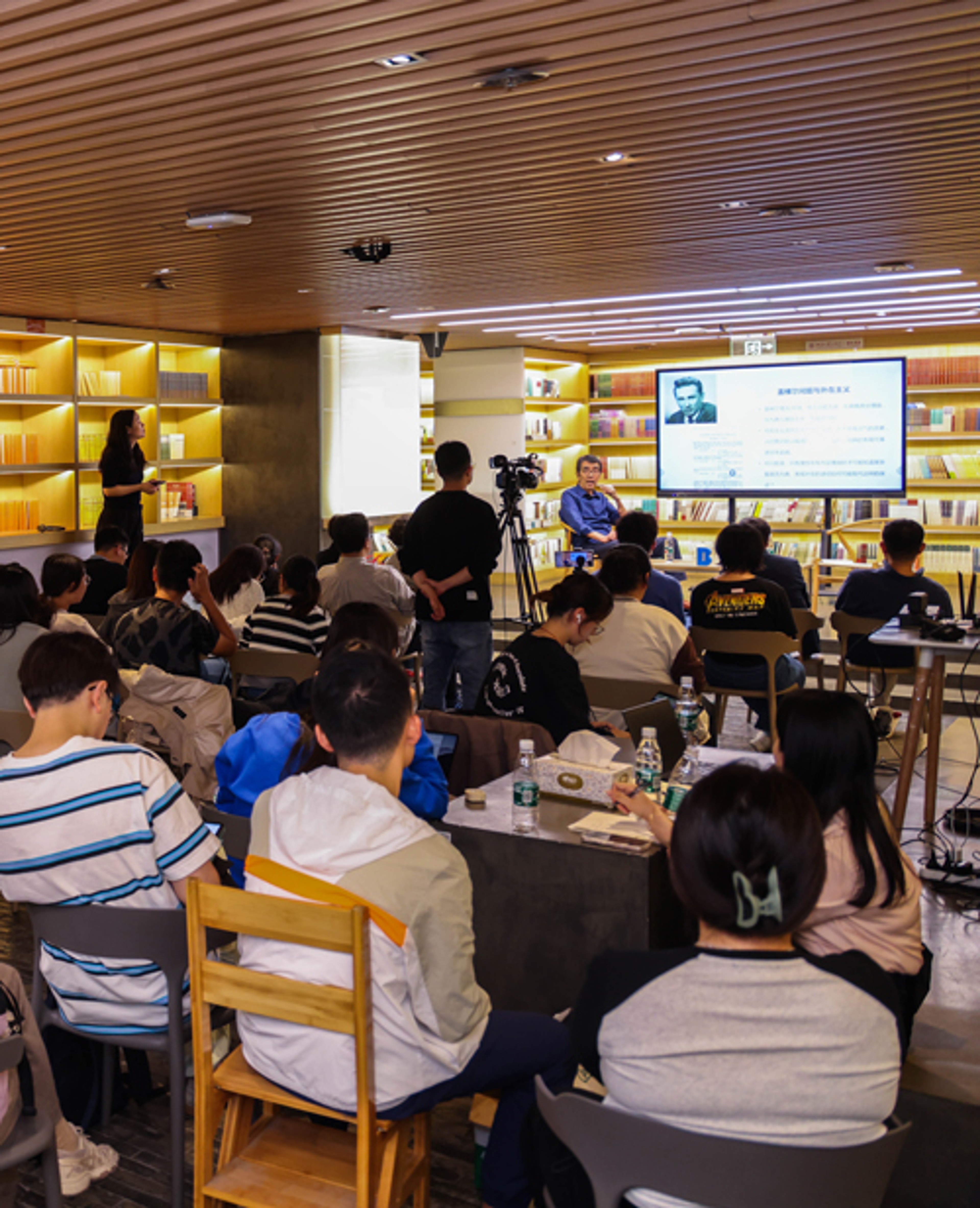Ten Thousand Things: Cross-morphing and Transmattering
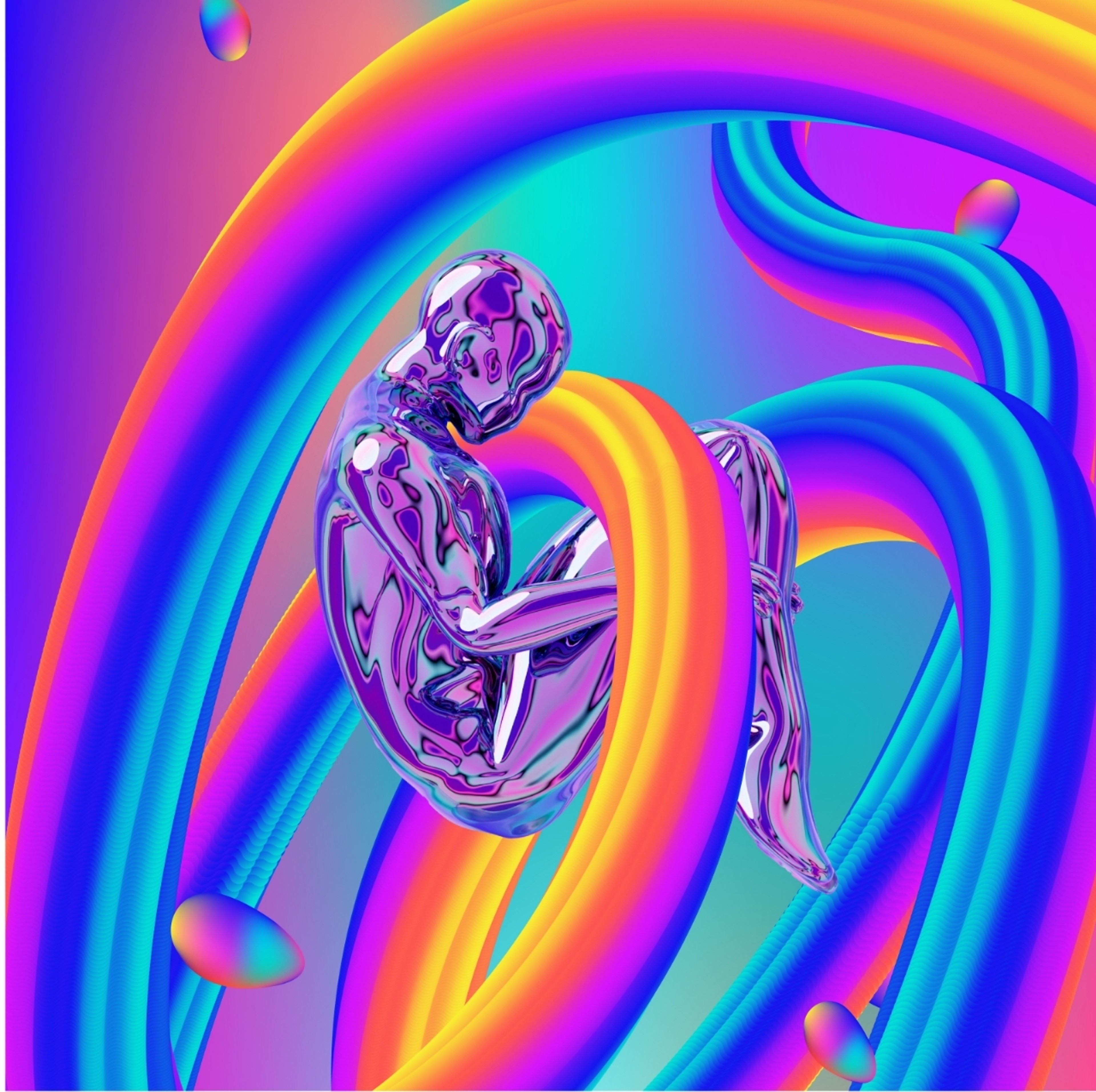
- Date: April 13, 2025
We inhabit an age of ontological reciprocity: as human agency merges with mechanical systems, and artificial entities acquire lifelike qualities. At the heart of this transformation lies a fundamental inquiry—how might we reconceive the concept of "matter" as an expansive continuum that binds human and machine through their shared processes of becoming?
This question echoes with the Chinese metaphysical notion of wanwu (万物)—"the ten thousand things"—which envisions reality not as discrete entities but as an unfolding tapestry of interdependent phenomena. Where the Latin res (root of "reality") implies static separability, wanwu evokes dynamic co-arising. This dialogue between the artist and the anthropologist examines the artist’s proposition that "reality and things are different names for the same event within an ongoing process." Such a perspective finds resonance across Eastern and Western intellectual traditions, which foreground dynamic interdependence and the notion of intra-action, emphasizing the entanglement of entities within continuous becoming.
Speakers
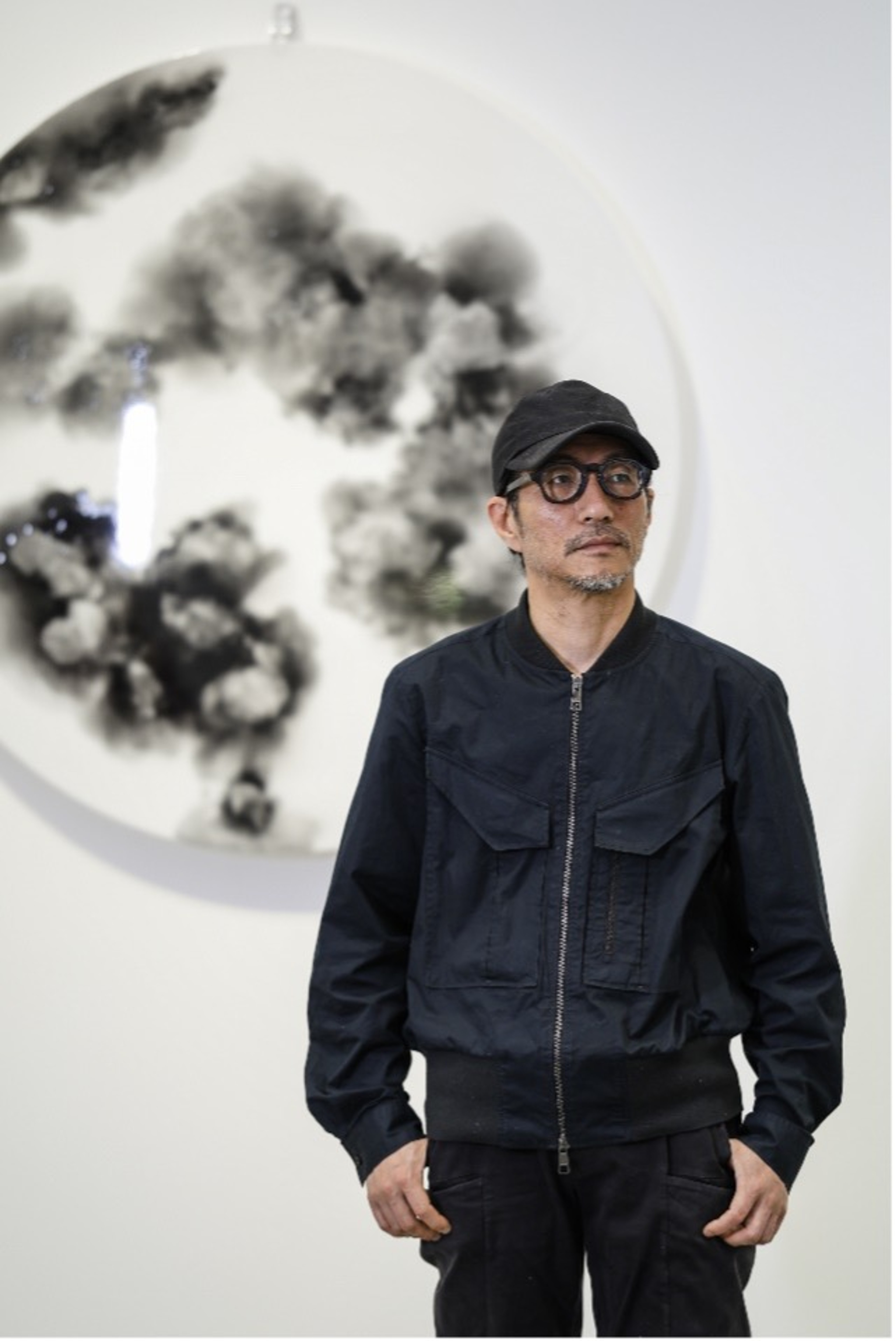
Yunchul Kim
Asking fundamental questions about “matter” and “matteriality,” he has demonstrated the possibilities of imagination and the creation of a reality beyond the realm of human experience, paying attention to its potential tendencies. He has won international awards, including the 2016 Collide International Award from CERN, Ars Electronica, and the VIDA 15.0 Third Prize. His works have been shown at the 798CUBE, Beijing; Korean Pavilion, 59th Venice Biennale, Venice; Yokohama Triennale; CCCB, Barcelona; Science Gallery Melbourne, Melbourne; FACT Liverpool; Frankfurt Museum of Art; and ZKM, Karlsluhe. He was a chief researcher of the research group Mattereality at the Korea Institute for Advanced Study, and a member of the art and science project group Fluid Skies and Liquid Things. He is a founder of Studio Locus Solus in Seoul and an electroacoustic music composer.
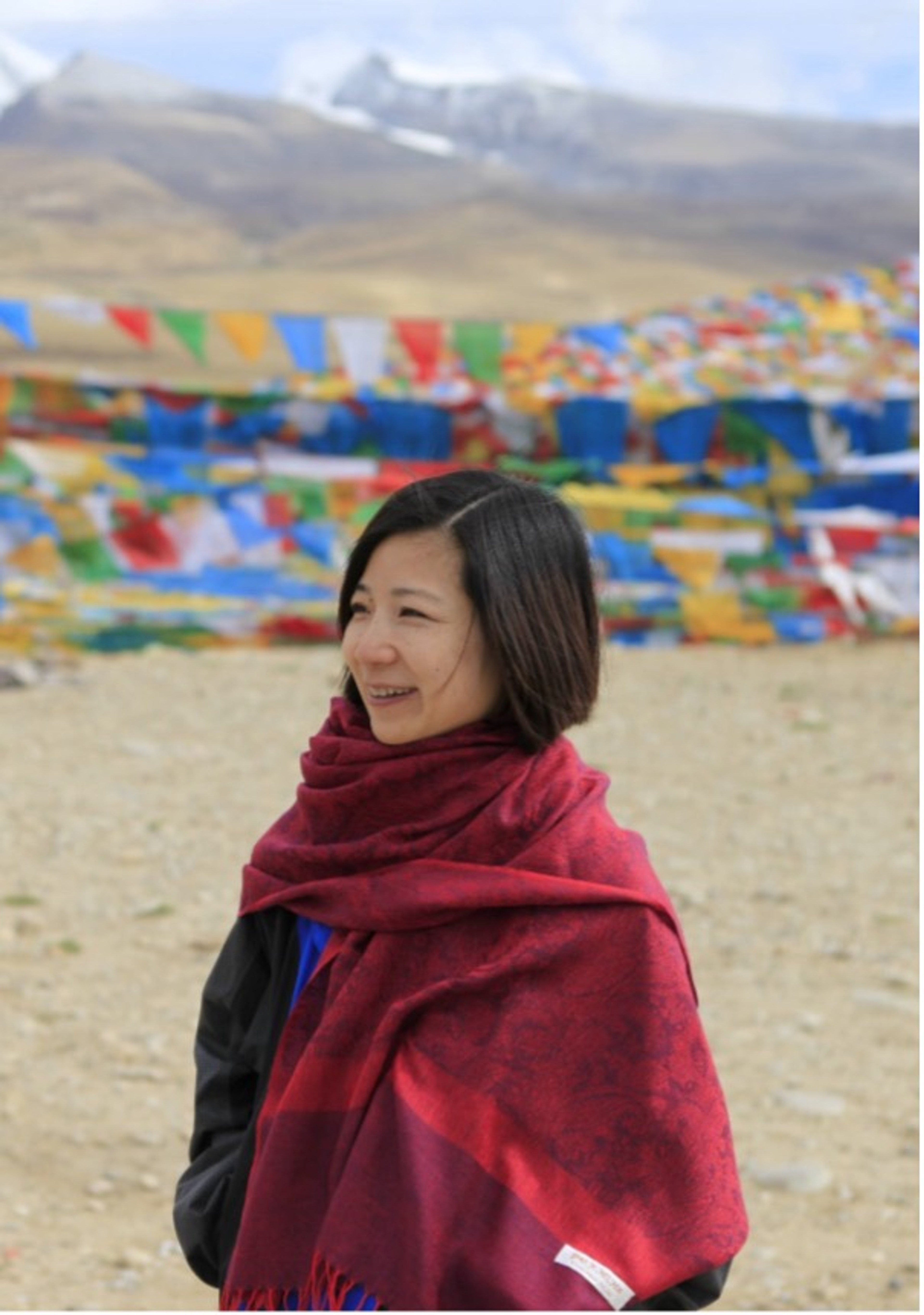
Lili Lai
Associate Professor of Anthropology at the School of Health Humanities, Peking University, 2023–2024 Berggruen Fellow.
Her research centers on the body, everyday life, and medical practices, with a focus on the transformation of traditional medical knowledges, science and technology studies (STS), and medical pluralism. Lai's major publications include Hygiene, Sociality, and Culture in Contemporary Rural China (Amsterdam University Press, 2016) and Gathering Medicines: Nation and Knowledge in China’s Mountain South (The University of Chicago Press, 2021). She has also published extensively in both international and domestic academic journals.
On April 13, 2025, the 36th Berggruen Seminar, “Ten Thousand Things: Cross-morphing and Transmattering” was held online. The lecture featured a thought-provoking interdisciplinary dialogue between Korean artist Yunchul Kim and Dr Lai Lili, Associate Professor at the School of Health Humanities at Peking University and a 2023-2024 Berggruen Fellow.
The event began with Dr. Lai’s brief introduction to Yunchul Kim and his significant artworks. Afterwards, Kim opened the lecture by bringing forward an alternative conceptualization of “things” and “objects,” which he introduced and elaborated through three core concepts that guides his artistic practices: materiality, crossmorphing, and transmattering. In response, Dr. Lai drew on the Chinese classical philosophical concept of wanwu (万物, ten thousand things) and qi (气), to further explore the intra-action between Shi (事), Wu (物), and Ti (体). The two speakers, with distinct perspectives, engaged in a rich dialogue on matter and materiality, presenting a cross-cultural and cross-disciplinary intellectual exchange.
I. Yunchul Kim’s Artistic Philosophy: Matter as “Reality in Process”
Professor Lai began by outlining the core ideas and artworks that characterize Yunchul Kim’s practices. She highlighted the importance of the concept of apparatus in Kim's artworks and his notion of matter and material, which, in Karen Barad’s new materialist theory, is deeply intertwined with materiality and mattering. Rather than appearing statically in space and time, apparatus is a dynamic, generative process of becoming. Moreover, it is also a spacetime matter that does not change in space and time but all simultaneously change together.
As an artist deeply inspired by science, Kim’s practice stands out for combining philosophical and literary depth with scientific experimentation, as he actively works with materials science, computation, and chemical synthesis. His residency at CERN not only inspired his creation of large-scale installations but also transformed his works into open-ended, flowing artistic practices. This is deeply embedded in his ways of knowing: he is actively entangled with the world through his specific practice of engagement, instead of merely reflecting at a distance. For him, to know is to become entangled.
Later, Kim introduced his artistic creations and the embedded philosophical thinking that guides it. His core aesthetic rests on a dialogue between Eastern and Western ontologies of “materiality,” and he begins by rendering the Chinese term “事物” as thing, while distinguishing “事” and “物” as event and matter, respectively. From the vantage of East Asian philosophy, matter is understood as an ever‐changing event, such that the two cannot be disentangled. This idea is found within Buddhist cosmology where all things are understood to be in a state of constant flow and the world’s becoming depending on the co-rising of event/matter. Kim gradually realizes that it is this perception of fluidity of matter/event has become one of his most common experiential threads during the creative process. Therefore, his work is not only a performative process, but an experiment that involves obtaining sensory knowledge and artist’s observation.
Through the lens of Chinese philosophy, his approach resonates with the gewu (格物) theory of the Ming philosopher Wang Yangming and the interpretation of such theory by Ming dynasty artist Jin Shi. This theory and interpretation of gewu does not denote the process of mankind actively approaching the object; rather, it is the object itself that is approaching the subject.
Contemporary Western theories of materiality, particularly arguments about the blurring boundaries between event/matter and the fluidity of matter, have also contributed to Kim’s artistic creations. Karen Barad, for example, claims that “matter is not a thing, but a doing”; and that “everything has agency.” Tim Ingold’s idea of “thinging in a worlding world” suggests that the becoming of things and the world are intertwined processes. Jane Bennett, similarly, has argued that “all matter is pulsing with life; life is matter”.
Building upon these perspectives, Kim introduces three key concepts in his artistic philosophy: transmattering, mattereality, and crossmorphing. Though each concept is distinct, they are all closely interconnected.
Before delving into these definitions, Kim offers a brief overview of his creative process. Though he presents himself as an artist, his studio resembles a laboratory more than a traditional atelier—equipped with mechanical devices, specialized compounds, and even entirely new materials of his own invention. The synthetic objects he creates may appear artificial, but they do not behave like mere machines; instead, they engage in spontaneous, organic interactions with their surroundings, forging deeper connections with the artist himself. While manipulating the formation of material and its manifestations, the artist creates sensory connections using his hand and body, experiencing and depicting mattereality through the sensory knowledge obtained.
For instance, in his Chroma series, Kim places nanoparticles extracted from seaweed, trees, and minerals into liquid. Through this setup, these particles would generate constantly shifting, iridescent colors under the pressure of the scale-like mechanism in kinetic movement. Moreover, the series encapsulates Kim’s concept of mattereality. This distinctive aspect of mattereality is its recognition of matter as “reality in process” where the matter itself is not only in the continuous process of transforming and becoming but also an active subject with its own agency that is co-directing the creative process alongside the artist, rather than being passively manipulated. By forming a complex network of mutual influence with the artist, matter is capable of self-expression.
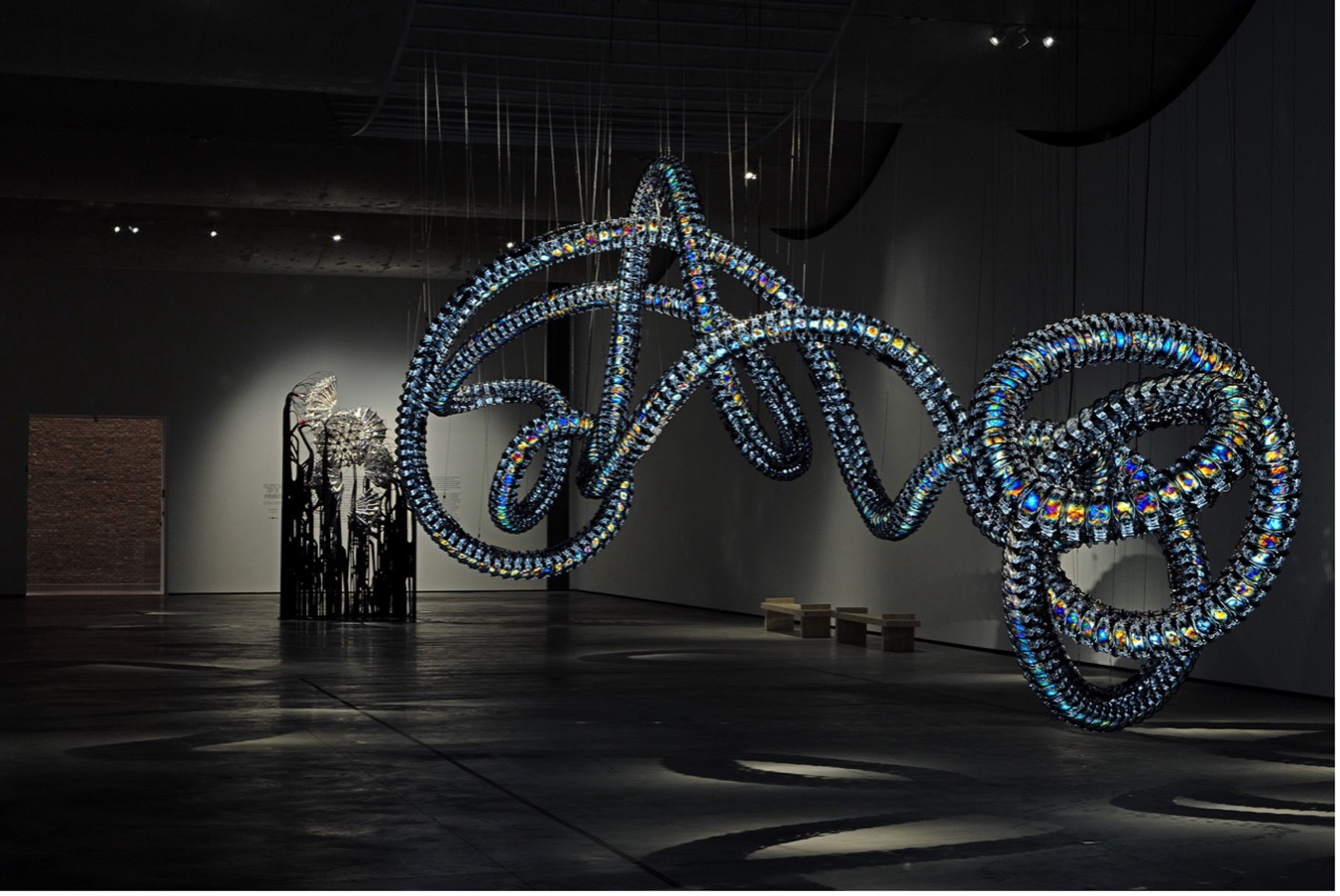
“Crossmorphing" refers to a new model of transdisciplinary collaboration which emphasizes the bi-directional process of mutual transformation that goes beyond simple collaboration. Kim firmly believes that the research and practices of artistic activities will intersect with, transform, and be transformed by other disciplines; such as technology, science, and other fields; generating spontaneous emergent properties. This is one of the reasons why Kim’s studio sometimes resembles a science laboratory.
“Transmattering” emphasizes not the physical, but the cultural attributes of matter. More specifically; while transforming natural materials into artificial artifacts artistic intervention, despite generating a shift of matter not only in physical, chemical, or temporal-spatial aspects but also endow it with novel cultural meanings and values, therefore turning matter into a cultural artifact.
Kim stresses that his works are never finished upon exhibition; rather, they are constantly becoming and evolving through interaction with nature, air, and space. For instance, in the 798 CUBE exhibition, Chroma IX was displayed alongside Argos – The Swollen Suns, an installation composed of hundreds of Geiger–Müller tubes. These devices detect cosmic particles and convert the data into algorithmic triggers that activate different movement patterns in Chroma IX. This curatorial approach reflects Kim’s commitment to showcasing matter’s dynamic nature and intra-connection.
II. Wanwu as Mattereality: Cosmology and Materiality in traditional Chinese philosophy
In the second part of the seminar, Dr. Lai discussed and engaged deeply with Yunchul Kim’s artistic thoughts through the theoretical resources from traditional Chinese philosophy, particularly the Daoist cosmology, the conception of wanwu (万物, the ten thousand things), and the concept of qi.
In her discussion with Yunchul Kim, Dr Lai cited a passage from Huainanzi (淮南子·诠言训) which is highly open to interpretation:
“When Heaven and Earth were joined in emptiness and all was unwrought simplicity, without having been made, things came into being — this was the Great One. All things issued from this One, but all became different, divided into various species of fish, birds, and beasts, which are called distinct things...with different qualities they are all formed beings...all are things (wanwu). [But] it is not the One that makes them things. What makes things thing has disappeared in the myriad things.”
This passage can be interpreted as, while “all became different”, all are inherently inseparable and interconnected. While all are issued from this One, the emergence of things is not attributed to “the One” (yi), but rather to Dao, which “has disappeared in the myriad things”. While Dao being the origin of the Great One and wanwu, it is not independent of the world, nor does it order the world. Far from presuming the existence of antecedent, independent, and originated principles like in Western philosophy; i.e., the God; traditional Chinese philosophy does not recognize that the world is created by the Other, separating the Chinese way of thinking from its Western counterparts. In other words, in contrast to the doctrine of creatio ex nihilo, this might be called the “mutual generation of being and non-being”(有无相生, youwu xiangsheng), or even better, “the eventful flux and flow of becoming” (Ames 2016: 24). This conceptualization underlines the agency and intra-actions within wanwu.
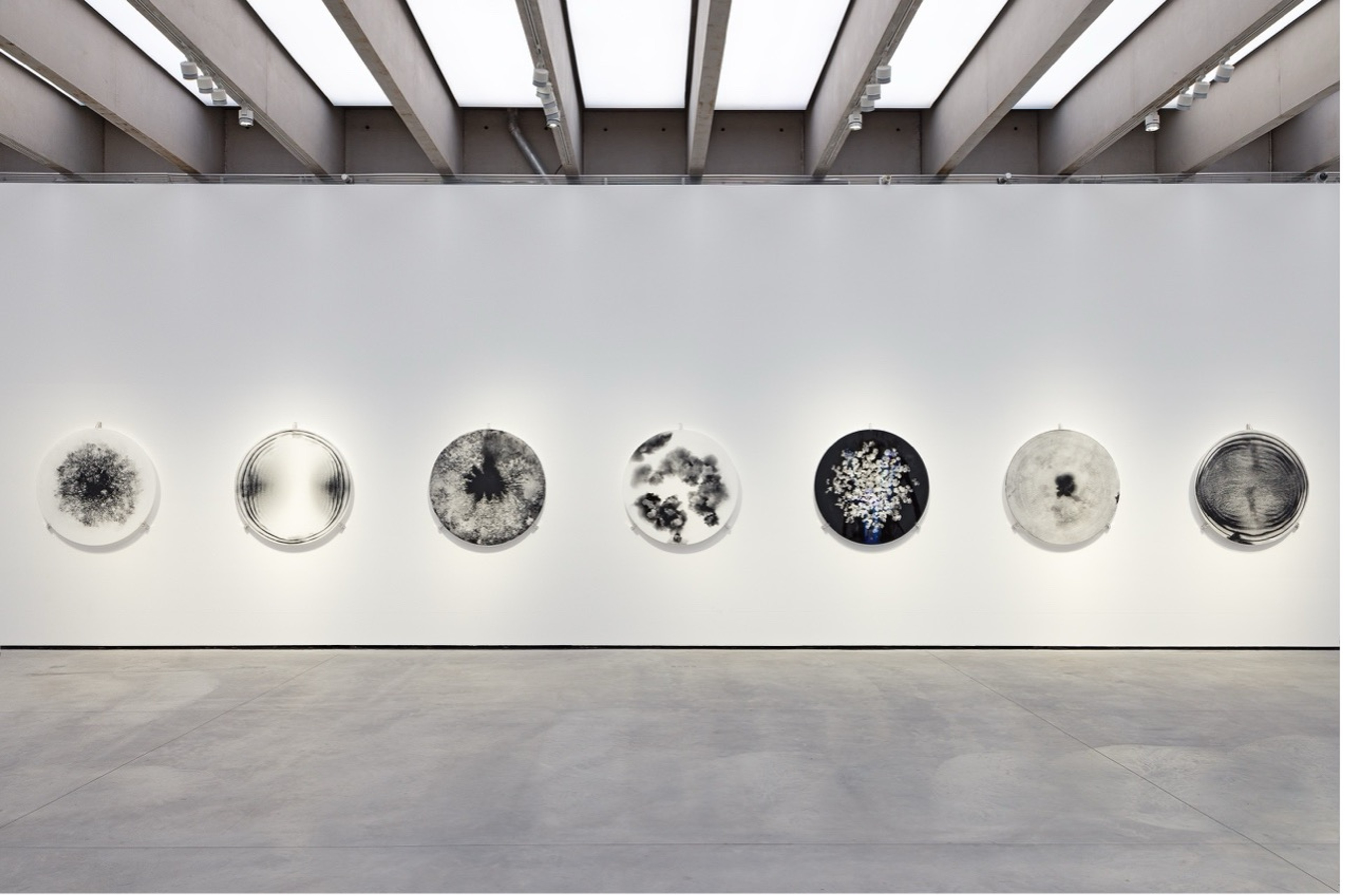
In Roger T. Ames’s interpretation of the previous passage on Daoist cosmology, “knowing” is to acquire the wisdom to fund the practical activity of realizing a world in the sense of making an optimally desirable world real. Dr. Lai extends this perspective into the artistic realm, suggesting that an artist, as a knowing subject, engages in a similar process. Artistic creation, especially in its connections with, and constructions within, the real world, mirrors this Daoist notion, wherein art becomes an active practice aimed at manifesting an ideal reality.Based on Kim’s analysis of shi/wu (event/thing) and the central features of Daoist cosmology, Dr Lai argued that Chinese traditions tend to approach materiality through a triadic relationship of —, matter, thing, and body. These terms can be used independently or in compound expressions such as shiwu (event) or wuti (object). This linguistic flexibility not only reflects the fluidity and blurred boundaries between shi/wu/ti in Chinese philosophy, but also the agency of these concepts, parallel to that between matter, material, and thing.
Traditional Chinese medical literature also offers valuable conceptual resources for understanding these dynamics. Dr Lai cited a passage from the Huangdi Neijing · Suwen (《黄帝内经·素问·天元纪大论》):
“Heaven encompasses the Five Phases (五行), which govern the Five Spatial Orientations (五位) to generate cold, summer heat, dryness, dampness, and wind. Humans possess the Five Viscera (五藏), which transform the Five Qi (五氣) to produce joy, anger, pensiveness, sorrow, and fear. As the discourse states, the Five Movements (五運) succeed one another in cyclical governance; when the cycle concludes, it begins anew without end.”
This text not only describes the mechanics of the five phases but also expresses the principle of tianren xiangying — the resonance between Heaven and humanity. Climatic changes regulated by Heaven shape the living conditions of human beings, while the human body internalizes these patterns by transforming the five qi into emotional and physiological responses. Therefore, similar to the dynamics of generation and restraint among the five phases, this operational logic does not follow a linear path; instead, it exemplifies a model of cyclical, co-generative becoming — a recurring theme in Chinese cosmology.
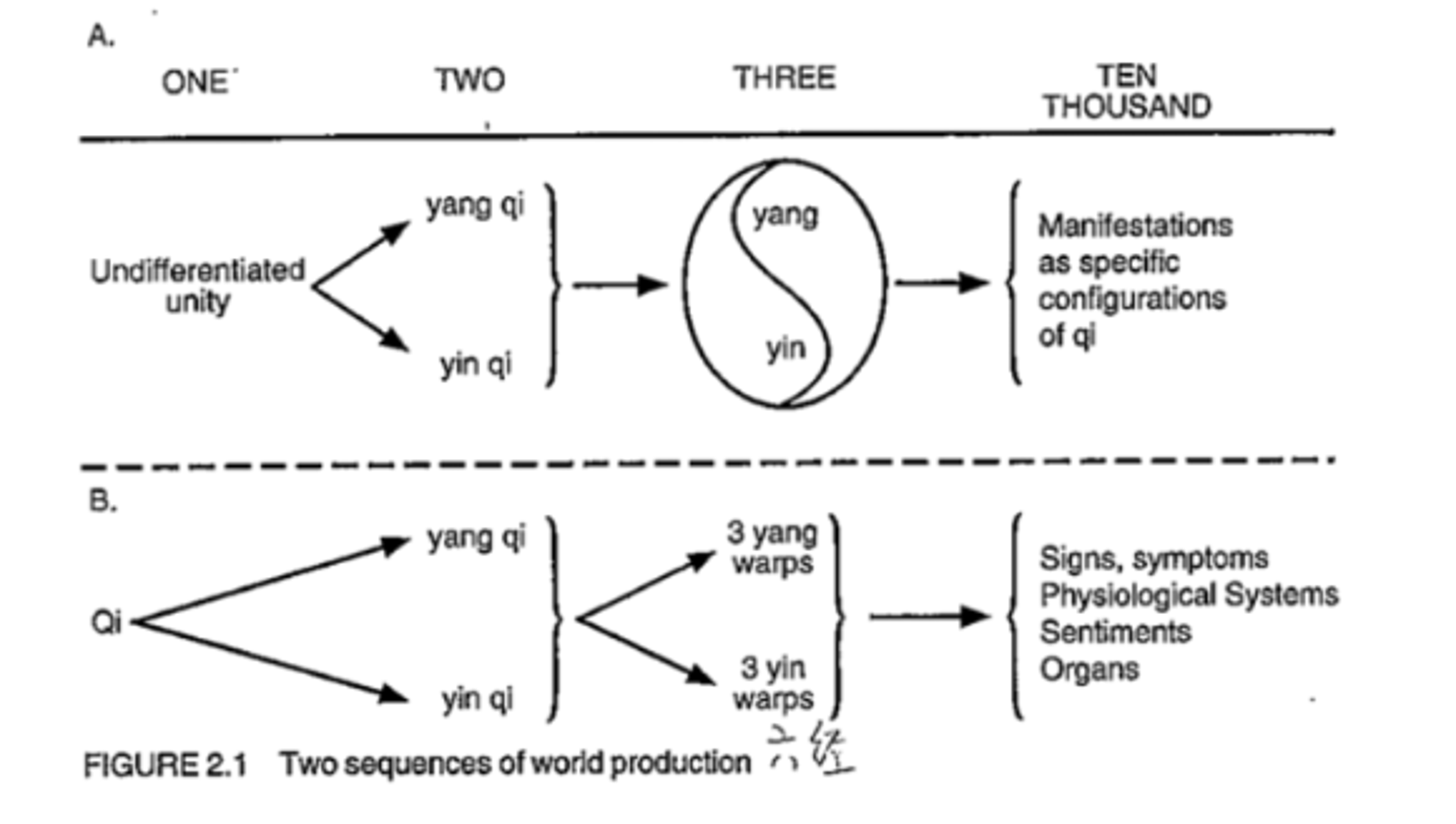
Dr Lai then turned to a diagram (see figure above) from Judith Farquhar’s Knowing Practice: The Clinical Encounter of Chinese Medicine to elaborate on this system. The upper half of the diagram outlines the Daoist cosmological development based on “the One gives birth to Two, Two gives birth to Three, and Three gives birth to the wanwu,” in which Taiyi (the Great One), as undifferentiated unity, generates yin and yang as well as wanwu as “manifestations as specific configurations of qi”. The lower half of the diagram illustrates the foundational view of the body in traditional Chinese medicine: qi produces not only yang qi and yin qi, but also signs, symptoms, physiological systems, sentiments, and organs. Thus, Chinese medicine is not just physiological, but pathological, too. What’s more, according to Suwen, medical practice is not restricted to the patient’s body alone; diagnosis and treatment should also involve the embodied intra-actions between doctors’ and patients’ bodies. These relational dynamics resonate with knowing as a practice and the desirable effect thus generated, just as Roger Ames mentioned.
Here, qi is understood as both abstract and material. Dr Lai cited Zhang Zai’s famous statement from Correcting the Unenlightened (正蒙): “The Great Emptiness is formless; it constitutes the underlying reality of qi (vital force). Qi gathers and disperses, the tangible, ever-changing phenomena of the world are temporary ‘guest forms’ arising from qi’s cyclical movements,” indicating that the myriad forms of wanwu are in continuous flow and transformation qi. She also noted that the fluidity of qi resembles Kim’s three core concepts, which also assists in a deeper analysis of the shi/wu/ti triad.
Returning to the discussion of the matter, Dr Lai emphasized that time and things are inseparable in traditional Chinese philosophy, based on which she also proposed that wanwu — the ten thousand things — might itself be understood as a form of mattereality, the neologism proposed by the artist. She concluded that the meaning of Kim’s artistic practice, centered on mattereality, or wanwu, lies in his continuous entanglement as knowing subject with the vast material world, and his effort in going beyond the dualistic nature/culture divide.
III. Q&A Session
In the Q&A session, the two speakers engaged in a dynamic discussion while responding to questions from the audience.
When asked whether his artworks are intended to convey a specific message, Yunchul Kim responded that; as an artist, he does not seek to actively deliver information to viewers. In his view, information itself is a form of material, or “mattereality.” Therefore, rather than conveying a fixed meaning, he hopes that audiences can engage directly with, or experience in-person his works — to see, to hear, and to feel the movements of mechanical apparatuses. While his artworks may contain personal ideas, he prefers that each viewer forms their interpretation through embodied encountering — as long as they can establish a unique relationship with the thinging object in the process.
With a background in music composition, Kim also emphasized that music plays a central role in his artistic practices. For him, music is a time-based event; he has also gone through rigorous training which equipped him with a heightened sensitivity to time and event. Therefore, processes of conducting chemical experiments or programming for the kinetic movements of his apparatus can be perceived as akin to the action of composing music. This experience of time and event has profoundly shaped his artistic philosophy, especially in terms of understanding the inseparability of time, matter, and event.
When asked about imperfections or technical failures in his installations, Kim acknowledged that managing the complex materials and devices as well as their functional stability is a central aspect of his work. Nevertheless, he embraces the possibility of potential breakdowns and uncertainties, viewing them as manifestations of the fluidity of his works — not only that of meaning but also that of the material form of works themselves. Hence, even when changes could extend beyond his control, he still accepts and would coexist with these potentialities.
Dr Lai echoed this view, recalling instances where she witnessed technical failures during Kim’s exhibitions which required his direct intervention; sometimes the malfunctioning parts were left in place to be exhibited in a “power-off” manner. She supposed that such a response does not represent a passive attitude or negligence. Rather, in the context of Chinese philosophy, wuwei (non-action) does not imply inaction, but a responsive engagement: intervening, when necessary, while also recognizing the limits of mankind and learning how to coexist with the uncontrollable.
Dr Lai further clarified that the intention of this cross-cultural dialogue was not to transplant Chinese concepts such as qi or Dao into Western theoretical or scientific frameworks but rather to treat qi as a form of mattereality in intra-action. It intends to form a deeper understanding of the variability, agency, and fluidity of matter while disrupting conventional dualisms such as those between human and non-human, organic and inorganic, natural and artificial, as well as scientific and paraphysical. In response, Kim introduced another of his core artistic concepts, “matterphor.” Although organic and inorganic substances have distinct physical properties, from another perspective, all the materials used for artistic creations are ultimately derived from the natural world. While machines may be classified as inorganic, they are also able to transform and change in response to time and environment with their connection with human beings — it is moving, living, and emotionally resonant. In such moments, there is no need to insist on a strict boundary between nature and the artificial.
Therefore, for Kim, the significance of art lies precisely in its capacity to enable human experience that things are living or it is collaborating with human observation. Drawing on Gilbert Simondon’s concept of individuation, Kim emphasized that individuation is not about isolation, but rather is about interconnection and mutual understanding, which is also a guiding principle of his artistic practices.
---
Drafted by Berggruen Intern Ma Lin
Reviewed by Lai Lili
